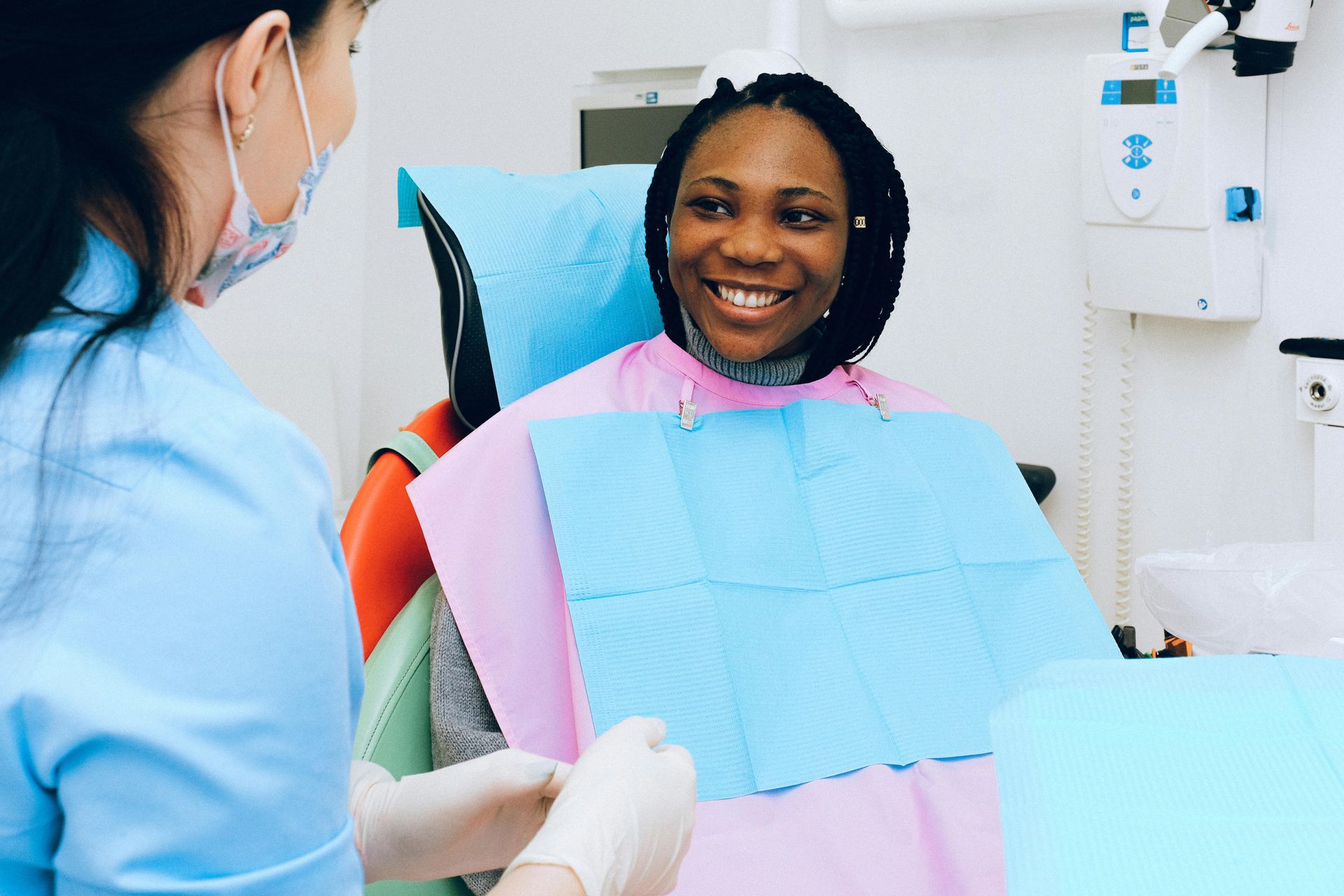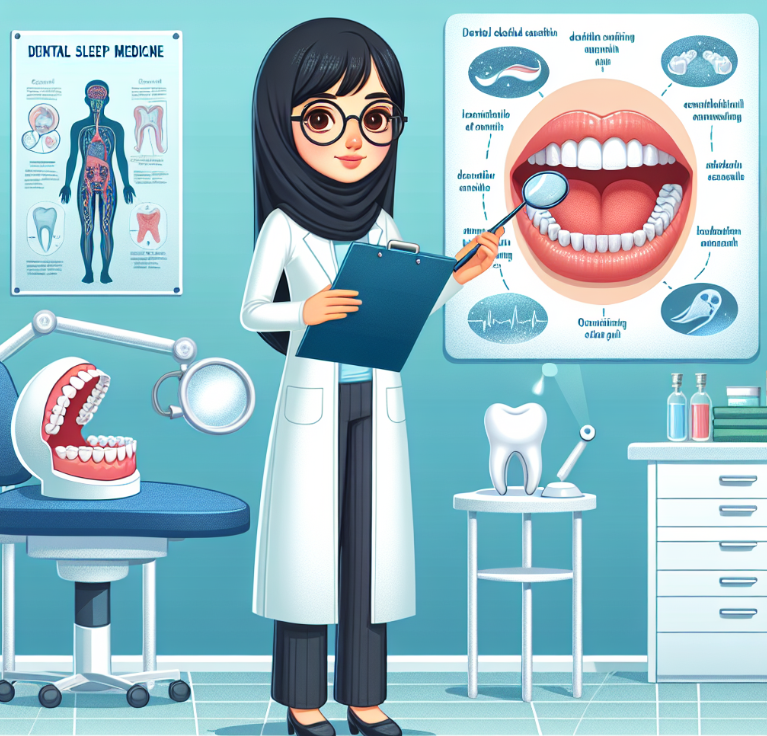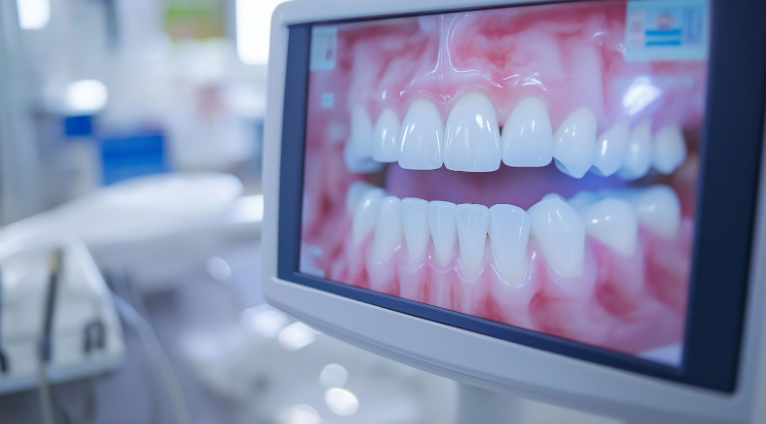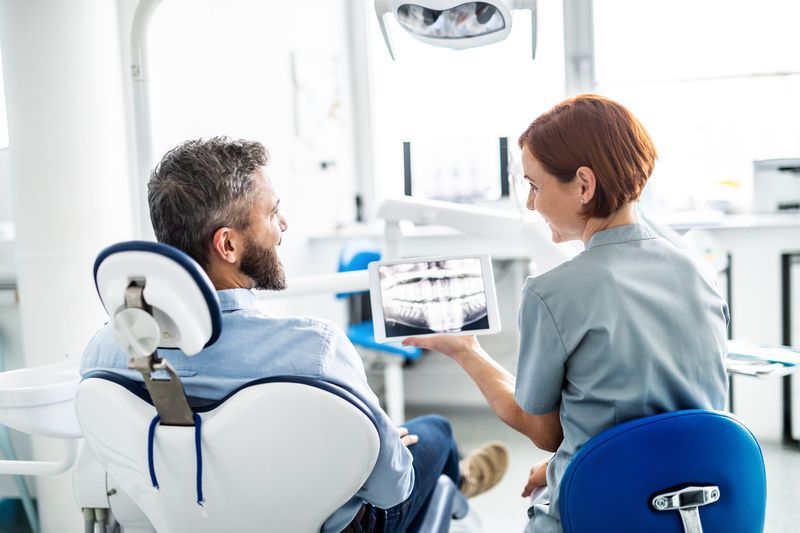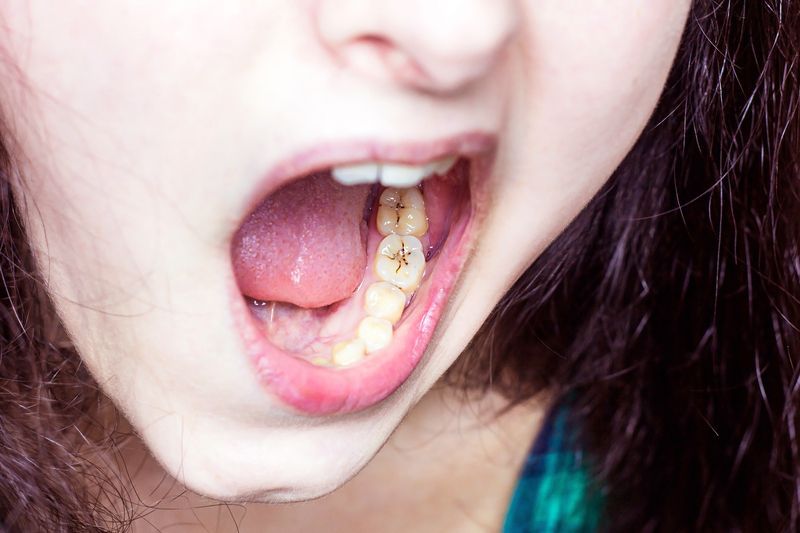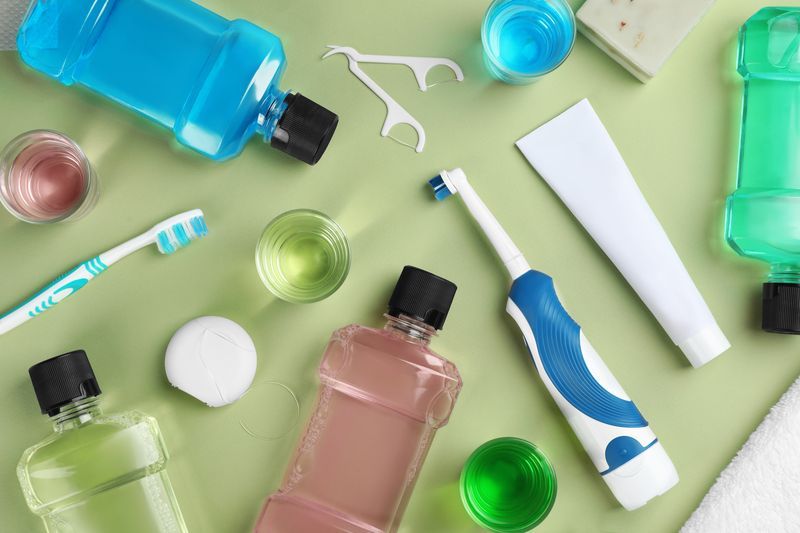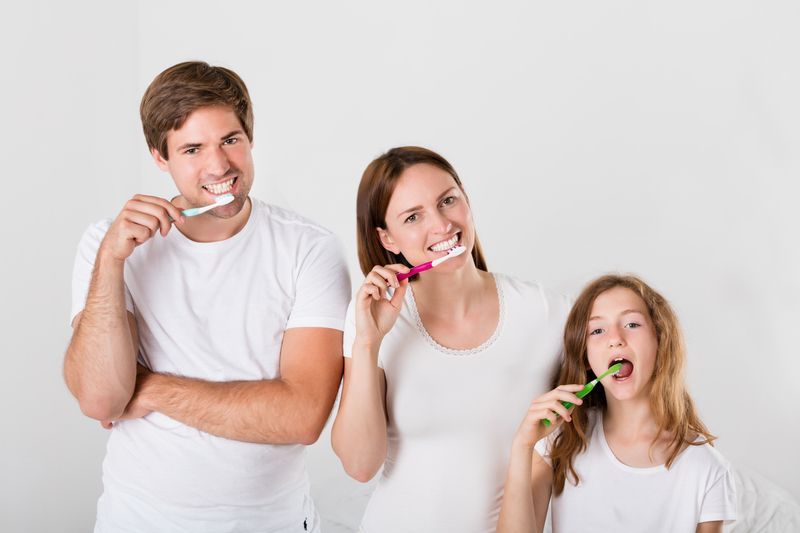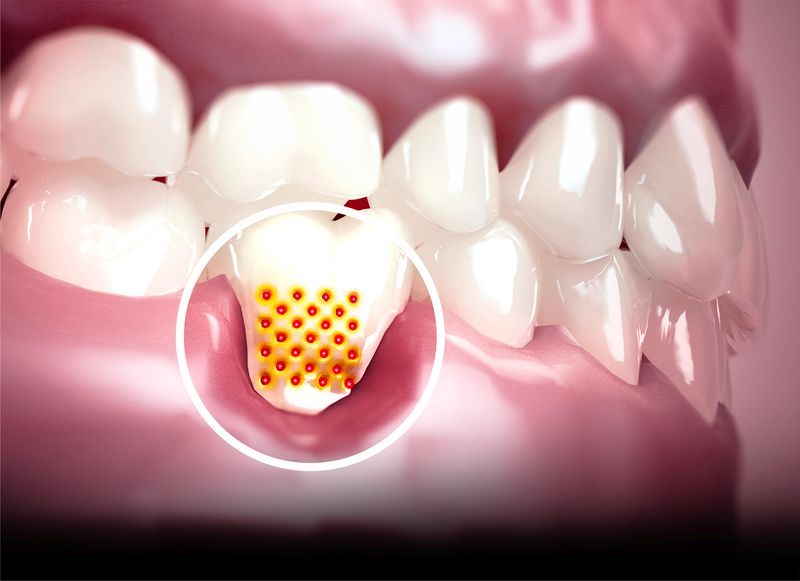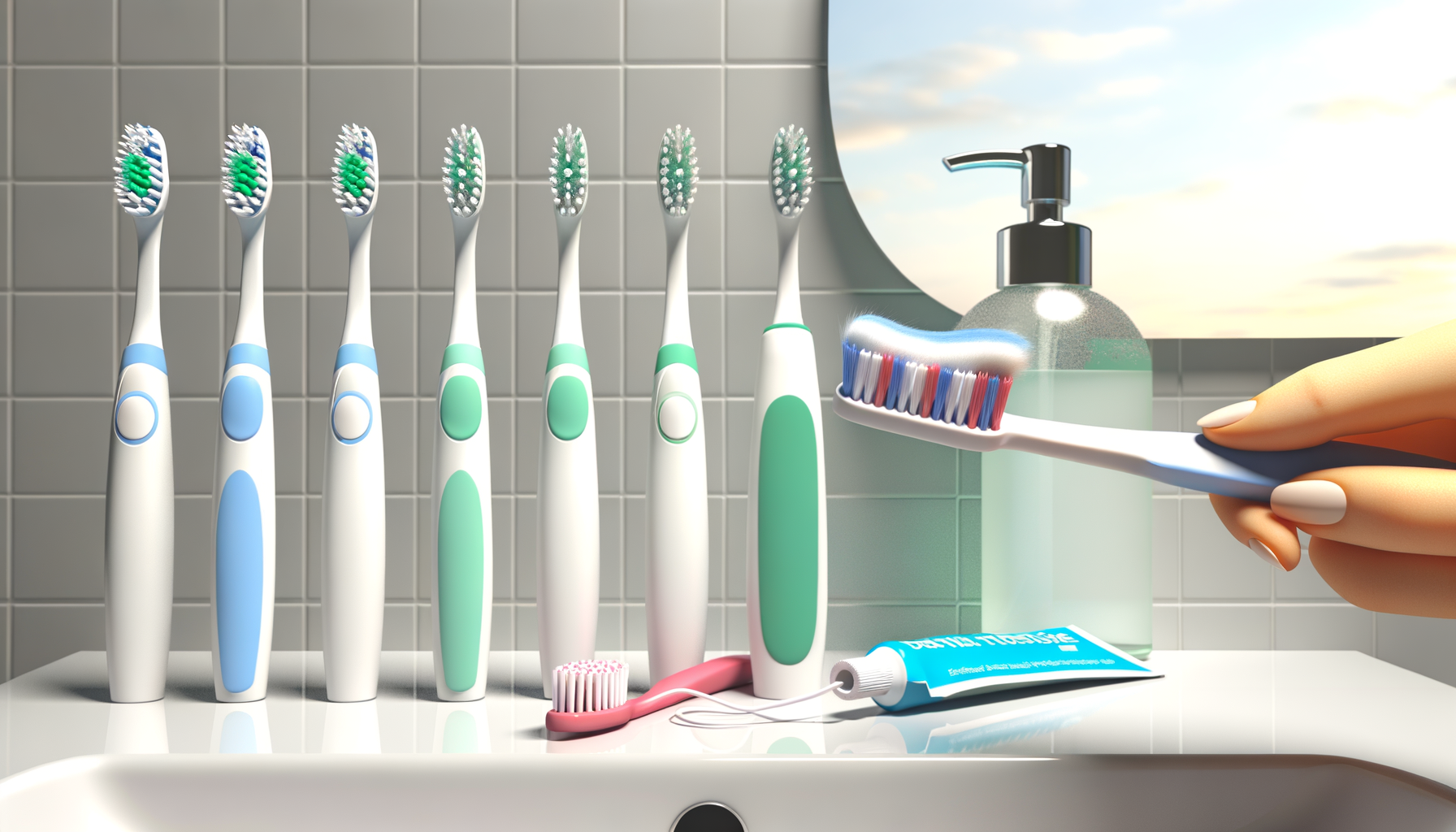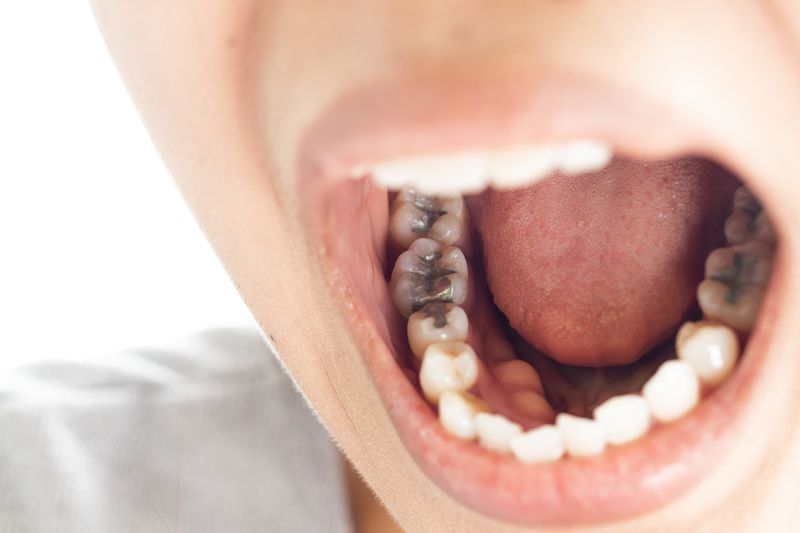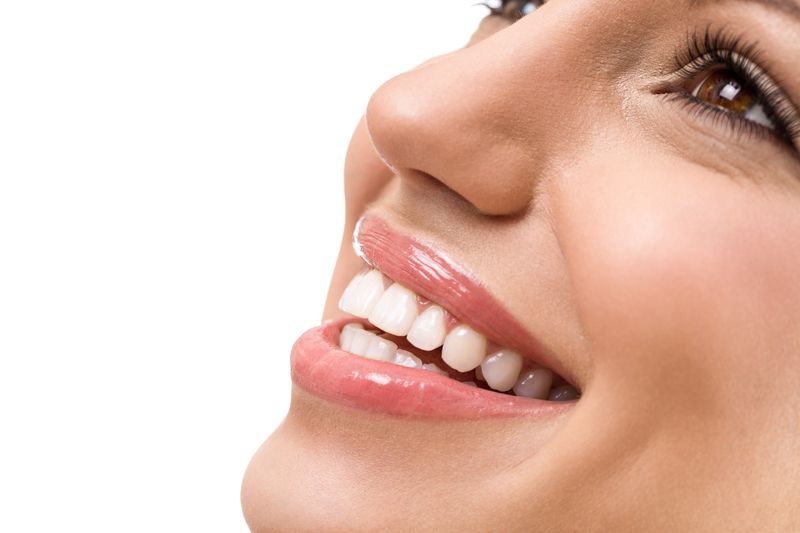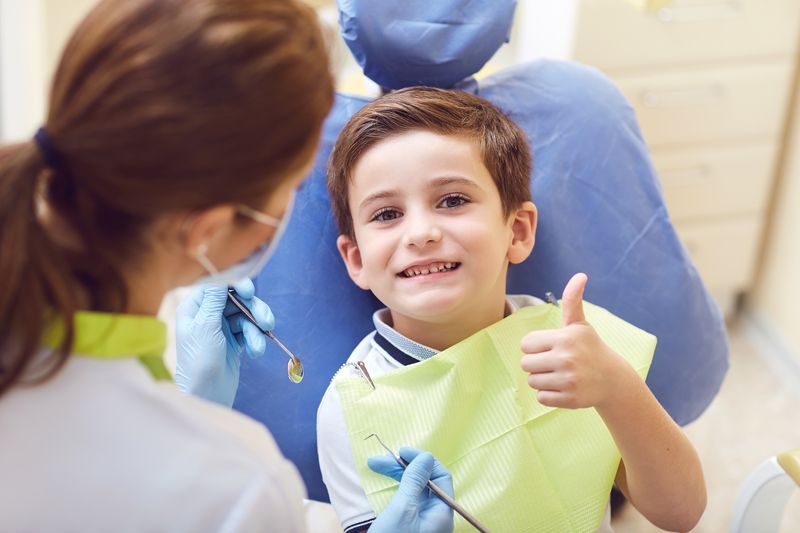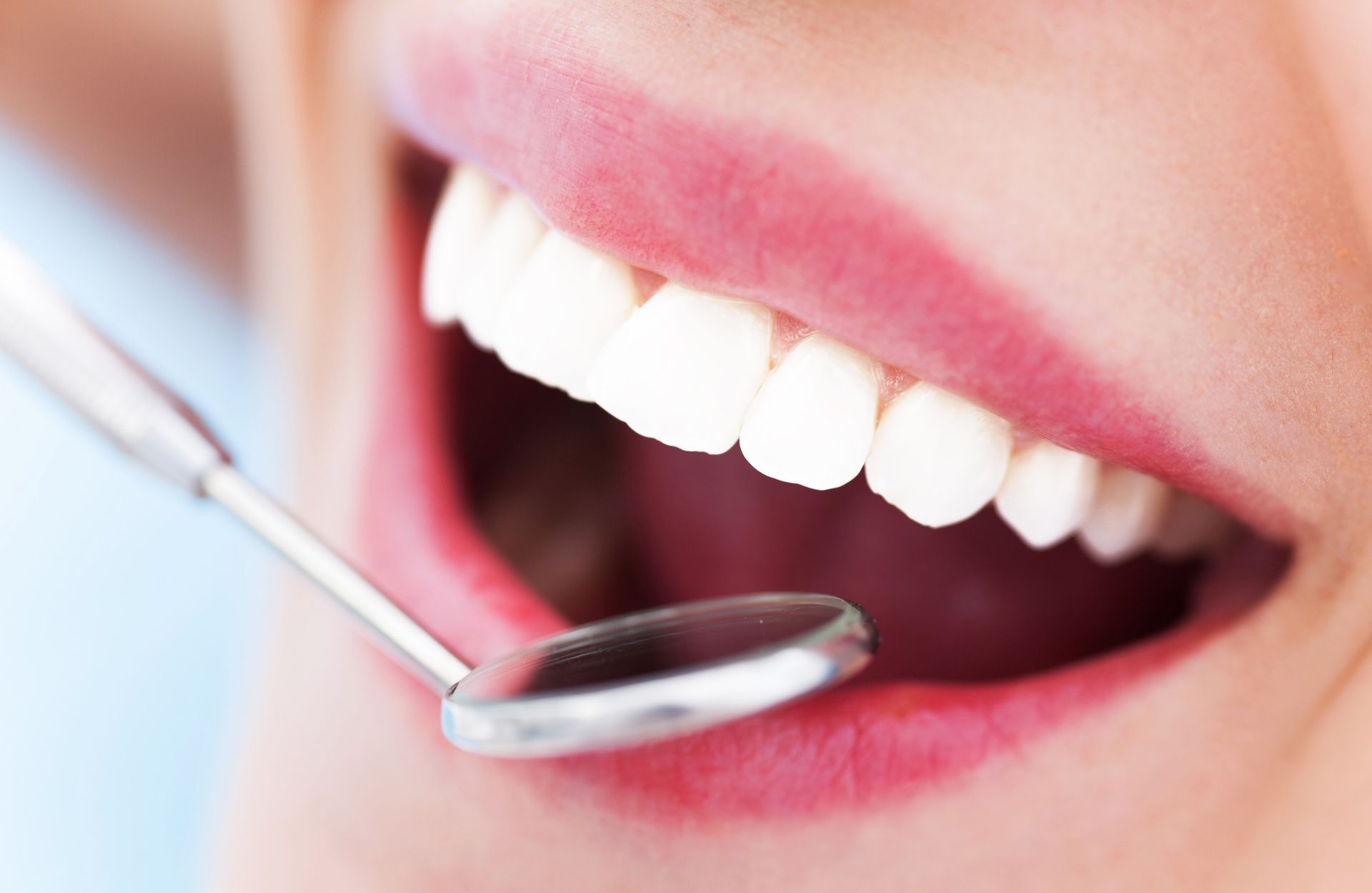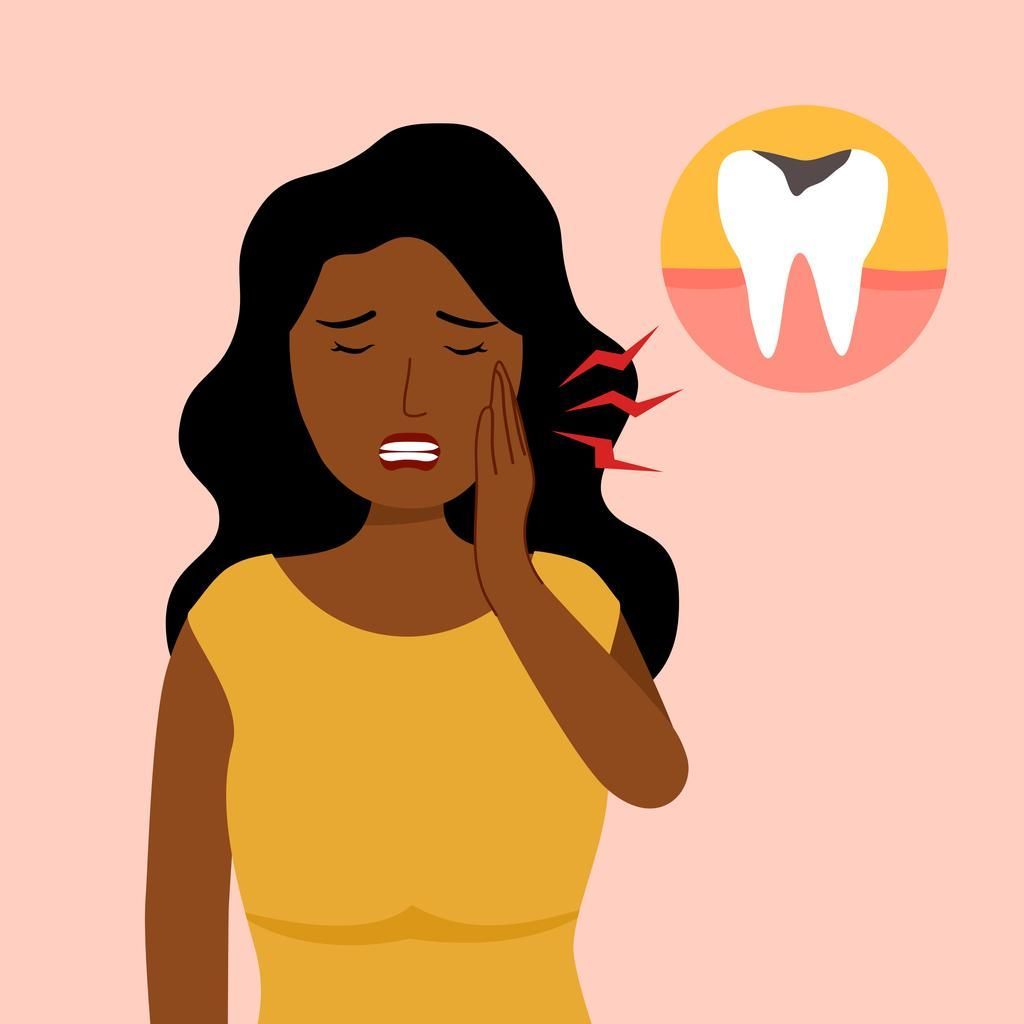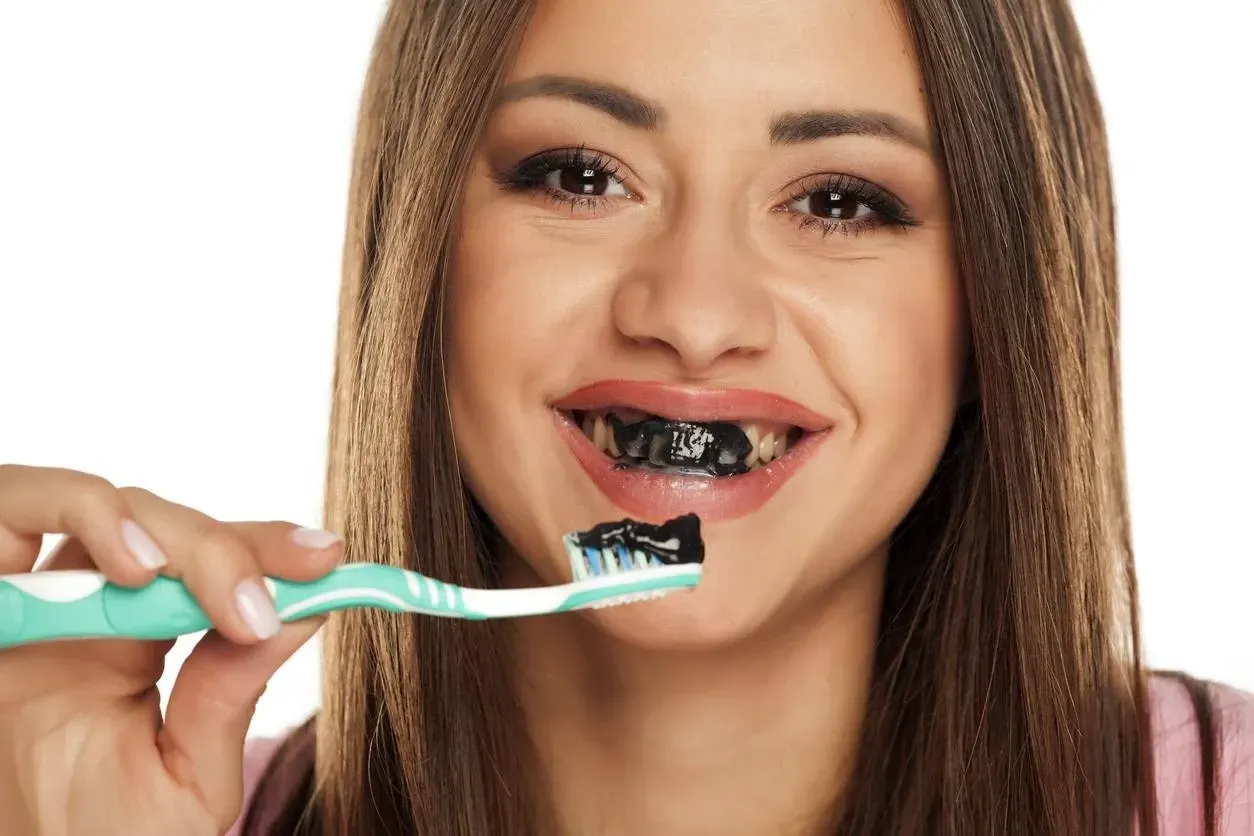Blog

Pregnancy is a time of excitement, anticipation, and transformation. As your body adapts to nurture new life, your needs evolve—including your dental care. At Stephens Dentistry, we’re passionate about supporting expectant mothers through every stage of this journey. Understanding the connection between oral health and pregnancy is not just important for your smile, but for the wellbeing of both you and your baby. How Pregnancy Impacts Oral Health Pregnancy brings about a surge in hormones, especially estrogen and progesterone, which can have a profound effect on your gums and teeth. Many women notice changes in their oral health during pregnancy, including increased sensitivity, swelling, or bleeding gums. These shifts aren't just uncomfortable—they can also signal conditions that need attention to safeguard your overall health. Pregnancy Gingivitis: What You Need to Know One of the most common dental issues during pregnancy is pregnancy gingivitis. According to the Centers for Disease Control and Prevention , up to 60–75% of pregnant women develop gingivitis, which is characterized by red, swollen, and bleeding gums. This occurs because hormonal changes heighten the body’s response to the bacteria in dental plaque. If left untreated, gingivitis can progress to periodontitis—a more serious gum infection that can cause tooth loss and has been linked to health risks beyond the mouth. Oral Health and Birth Outcomes The importance of oral health during pregnancy goes beyond comfort and aesthetics. Research has shown a significant link between maternal gum disease and adverse pregnancy outcomes, such as preterm birth and low birth weight. A systematic review published in the Journal of Dental Research found that women with periodontal disease may be more likely to deliver prematurely or have babies with low birth weights. Although more research is ongoing, the potential connection means that taking care of your gums and teeth is an essential part of prenatal health. Why Dental Care Shouldn’t Wait Some expectant mothers worry about dental treatments during pregnancy. The good news is that routine dental care—including cleanings and necessary treatments—are not only safe but recommended during pregnancy. The American College of Obstetricians and Gynecologists confirms that preventive dental work is important and can be performed safely, especially in the second trimester. Delaying care can allow small problems to become bigger ones, and untreated infections can pose a risk to both you and your baby. If you are planning to become pregnant, scheduling a dental checkup beforehand is an excellent way to get ahead of any issues. Practical Tips for Expectant Mothers Maintaining oral health during pregnancy doesn’t have to be complicated. Here are some tips to keep your smile healthy throughout your pregnancy: Brush and Floss Regularly: Aim to brush twice a day with fluoride toothpaste and floss daily. This helps remove plaque and reduce your risk of gingivitis. Eat a Balanced Diet: Focus on nutritious foods rich in calcium, vitamin D, and protein, which support both your oral and overall health. Manage Morning Sickness: If you experience vomiting, rinse your mouth with water or a fluoride mouthwash rather than brushing immediately afterward, as stomach acid can soften tooth enamel. Stay Hydrated: Drinking plenty of water helps wash away food particles and bacteria, and can also help combat dry mouth, which is common in pregnancy. Schedule Regular Dental Visits: Let your dental team know you are pregnant so they can tailor your care. At Stephens Dentistry, we take extra precautions to ensure your comfort and safety during each visit. Learn more about our preventive dental services . Recognizing When to Call Your Dentist While mild gum sensitivity is common, it’s important to reach out to your dentist if you notice persistent bleeding, swelling, or pain. These symptoms could indicate an infection that needs prompt attention. If you develop a dental emergency during pregnancy, don’t hesitate to contact your dentist—timely care is always the best choice for both you and your baby. Supporting Your Health at Stephens Dentistry At Stephens Dentistry, we’re committed to providing compassionate, personalized dental care for every stage of life—including pregnancy. Our team stays up-to-date on the latest guidelines and safety protocols to ensure you receive the best care possible. For more information on how we support our patients during pregnancy, visit our dental care for families page. Pregnancy is a beautiful journey, and your smile should be a part of it. Prioritizing your oral health is a gift to yourself and your growing family. If you have questions or want to schedule your next dental visit, contact our office —we’re here to help you every step of the way.




